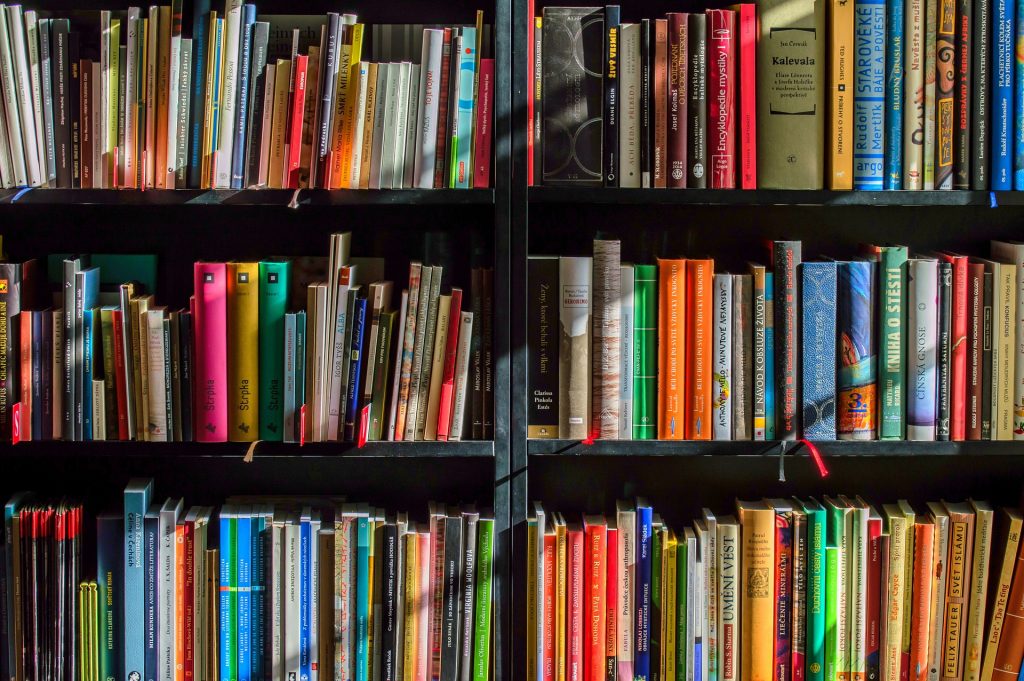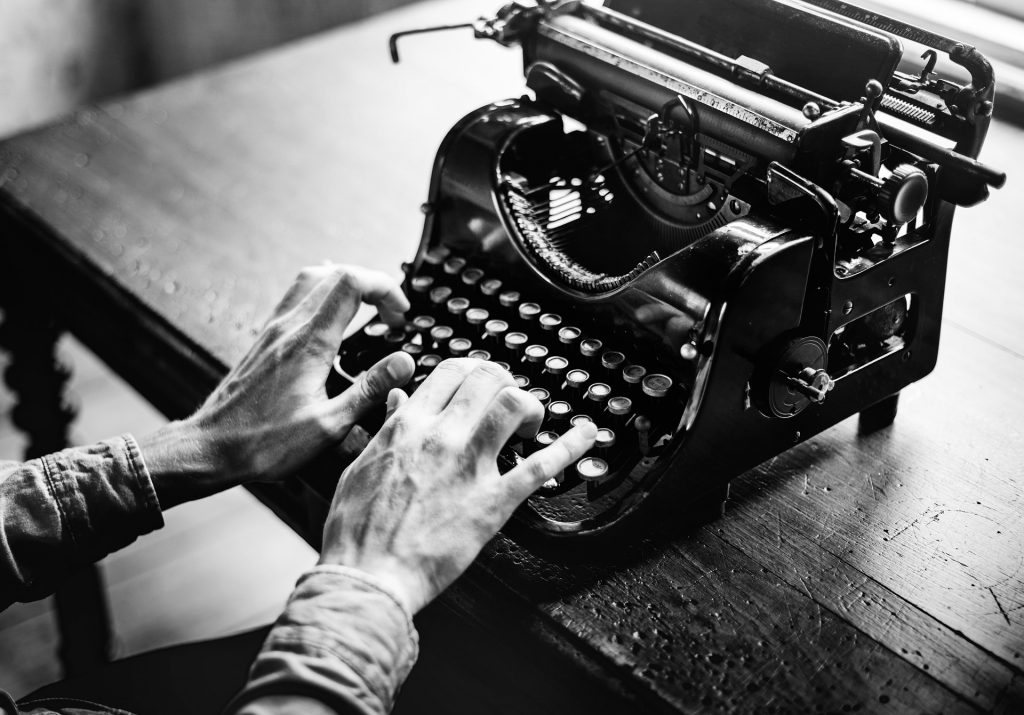5 Russian Books Banned in the Soviet Union—Part I Posted by Maria on Sep 23, 2019 in Uncategorized
Some of the books that have entered the Russian literary canon were virtually unknown in Russia until the late 80s or the 90s. These books were either outright banned from publication or were only available as bootleg copies—famously as homemade samizdat (самизда́т) copies. Here are five books that are mainstream now but were out of print in the Soviet times.
1. Мы (We)
The dystopian novel “Мы” by Yevgeny Zamyatin (Евге́ний Замя́тин) was written in 1921 and served as an inspiration for subsequent novels in this genre. The book describes a society run based on mathematical principles, where relationships and free choice have been replaced with total police control. The protagonists starts out believing in the system he lives in but runs into a person who challenges his ideas.
The author, Yevgeny Zamyatin, was a member of the Bolshevik party before the Russian Revolution of 1917 but did not like where the country was headed after the revolution. Because We could be interpreted as critical of the early Soviet Union, the book was banned in the USSR and was published abroad. The author was exiled, and the book did not come out in Russia until 1988.
2. Жизнь и судьба́ (Life and Fate)
This novel by Vasily Grossman (Васи́лий Гро́ссман) is centered around the events of 1942–1943 in World War Two, including the Battle of Stalingrad (сталингра́дская би́тва). Life and Fate follows the members of one family and their friends as they navigate this difficult time while living in a totalitarian state. The novel touches upon many challenges and injustices, such as wartime cruelty, antisemitism—both by the Nazis and within the USSR, old-time communists being devoured by the system they helped create, conformity and cowardice when dealing with the state, and loss of loved ones.
Grossman was pushed to write this novel partly by the tragedy of his own mother, who was murdered in Nazi-occupied Ukraine for being Jewish. A character in the novel writes a last letter to her son, just as Grossman’s mother did in real life.
Written from 1950 to 1959, the book was never published during the writer’s lifetime. It was first smuggled out of the country and published abroad and did not appear in the USSR until 1988.
3. До́ктор Жива́го (Doctor Zhivago)
The novel Doctor Zhivago by Boris Pasternak (Бори́с Пастерна́к) follows the story of several families from the turn of the 20th century until World War Two. The drama in the story results both from interpersonal relationships and from the events and changes in the country around that time.
Because the book showed the author’s ambivalence towards the Russian Revolution and the USSR, literary journals there refused to publish it. The manuscript was smuggled out in 1957 and published abroad. Pasternak was awarded the Nobel prize for literature (но́белевская пре́мия по литерату́ре) in 1958 but was forced to turn it down under pressure from the Soviet government. The book was not published in Russia until 1988.
We will continue this list in Part II. In the meantime, what other books do you know of that were censored or banned in Russia or elsewhere? Have you read any of the books in this post?

Build vocabulary, practice pronunciation, and more with Transparent Language Online. Available anytime, anywhere, on any device.






Comments:
Peter Groves:
Thank you! I have read Life & Fate and Dr Zhivago, both in translation, and I love them. I began reading Russian literature (always in translation) in the 1970s with the work of Solzhenitsyn, and I still return to One Day … and The First Circle from time to time. A few years ago I took great pleasure in buying a copy of One Day … in Russian at Dom Knigi in Moscow, promising myself that one day I will read it in the original. When I first read it all those years ago it was inconceivable that it would ever be for sale in Russia.
Maria:
@Peter Groves You’re welcome, Peter! I’ve read both of these and especially enjoyed The First Circle. At some point I even went around Moscow scouting different locations mentioned in the book, including the sharashka and the semicircular buidling on Leninsky Prospekt.
Peter Groves:
@Maria I have stayed in hotels near Kuznetsky Most, a name that I still remembered years after reading The First Circle – and of course also close to Lubyanka Square, which I didn’t have to read Solzhenitsyn to know about … So much history, so many literary connections.
Maria:
@Peter Groves I would even suggest someone start a walking tour following Russian fiction, but I’m sure it’s been done!